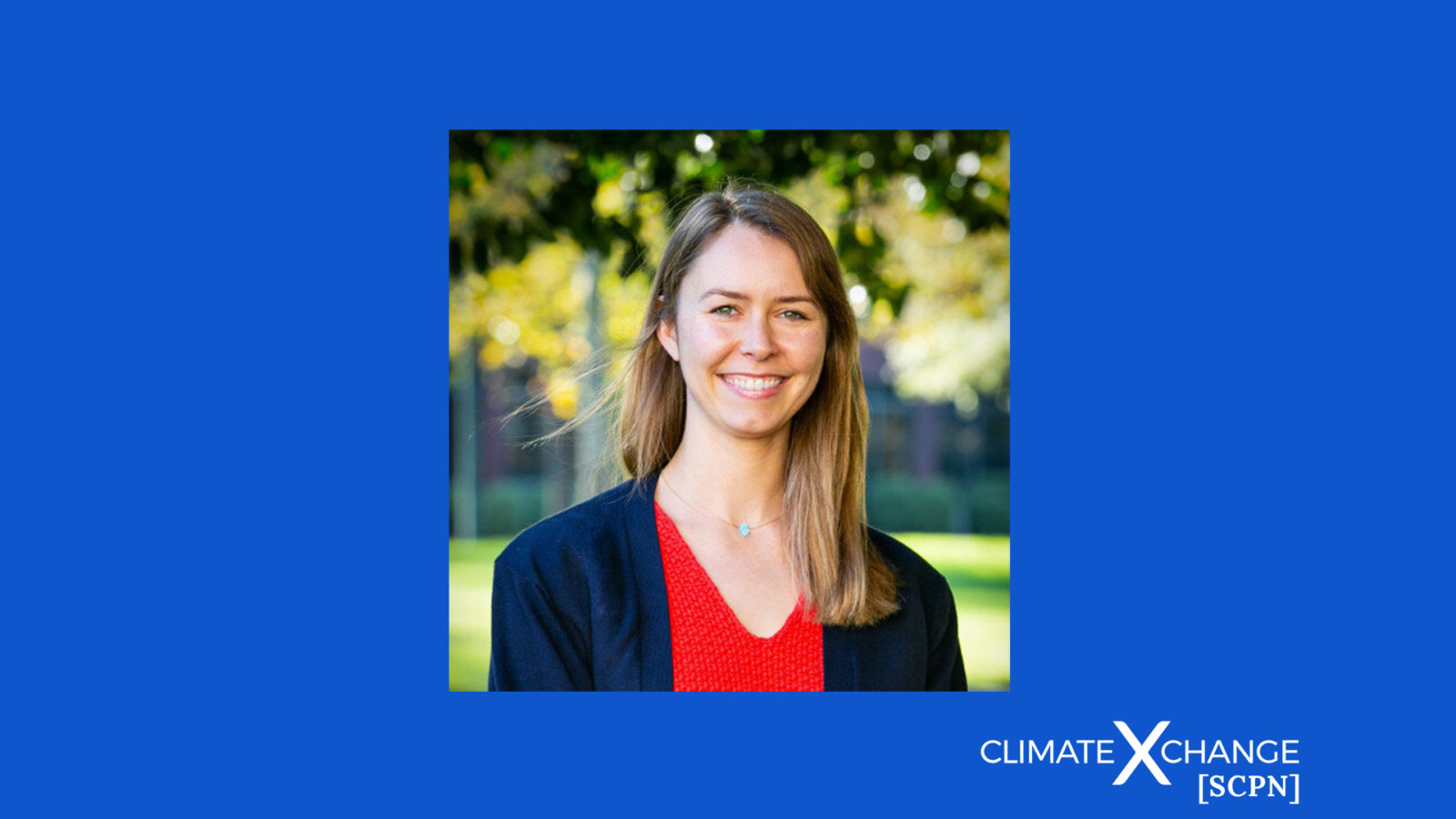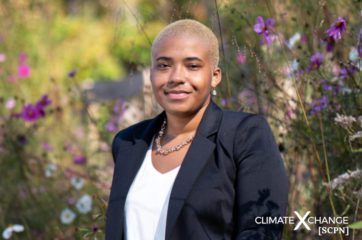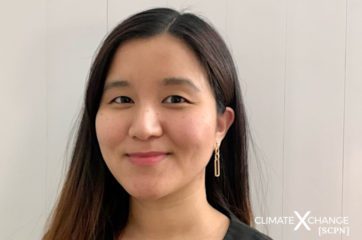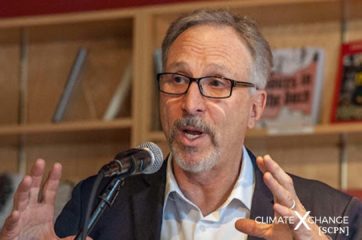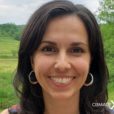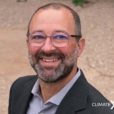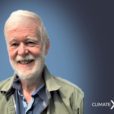All across the country, members of our State Carbon Pricing Network (SCPN) are fighting to make an impact on climate change in their communities. We have individuals in our Network from all 50 states, each experiencing climate change differently in their local areas and finding unique solutions to build resiliency efforts.
This week, we spoke with Rachel Kriegsman, Director of Strategic Partnerships at the Clean Energy Leadership Institute, an organization that trains professionals to be leaders in the clean energy space. With a Masters in Environmental Management from Duke University, Rachel is committed to pushing forward a just transition to clean energy, and is currently working to expand her organization’s reach.
Carlie Clarcq
Thanks so much for your time today, Rachel. To start out, I’d love to hear more about you, your work right now, and what brought you into the environmental space.
Rachel Kriegsman
I have long been interested in climate and energy issues, particularly where they intersect with community, equity, and building momentum on solving the climate crisis. I went to Goucher College for undergrad where I studied Peace Studies and Environmental Science. Peace Studies looks at local political trends and compares that with the current state of our environment, and that’s where I became deeply interested in climate and energy issues.
I’ve worked in the climate and energy space in DC for many years now, working for different green groups and environmental coalitions. Then I went to graduate school in 2017, because I wanted to dig deeper into some of the technical aspects of what is happening with our climate. I completed a Master’s in Environmental Management at Duke’s Nicholas School of the Environment, and am very excited to continue to commit my career to environmental management and issues of climate and energy.
I now work for The Clean Energy Leadership Institute, which is an organization that works to drive an equitable, resilient, and decarbonized energy future through education and leadership training. I am a 2014 alum of the Fellowship and love that I get to spend my days working towards a more just, vibrant, equitable climate, while also making sure that people have the education and the information to let them do that work better.
Carlie Clarcq
That’s great. I think that intersection between equity and the environment is a reason I wanted to work in this space as well. Have you seen climate change make a negative impact in your community, or in your life at all?
Rachel Kriegsman
I have, certainly. In my personal life, outside of work, I’m very interested in food systems, and thinking about how we can create more sustainable food systems. In addition to the climate and energy world, I have parallel background in food and agriculture, and that is a much more tangible place to actually see the impacts of climate change. I have spent time both working on farms and working directly with small-scale, sustainable farmers, and have seen the tangible impacts of climate change on our food systems. That experience, plus my day-to-day at CELI gives me hope that through leadership, adaptive thinking, and collaboration we can change for the better.
Carlie Clarcq
Oh totally. I think in the agricultural sector we’re definitely seeing those impacts a little bit earlier than we will everywhere else. I’d love to hear a bit more about your work right now, and how you manage to make an impact by managing your fellowship program.
Rachel Kriegsman
I currently serve as the Director of Strategic Partnerships for the Clean Energy Leadership Institute, and in that role, work to build partnerships and opportunities for collaboration across the country with different companies, organizations, and leadership groups who are interested in working towards a more resilient, decarbonized, and equitable energy future. To be totally fair, there is no way in which I alone run the fellowship program. We have a really amazing group of volunteers who help us run our education programming, which is great. I work with my colleagues, who are located across the country, to map out how we can continue to provide cutting-edge clean energy education and build a stronger clean energy workforce through knowledge sharing and skill building.
The model we have set up is that people apply to be fellows and go through the fellowship, which is a five-month long opportunity where they learn everything from, Clean Energy 101 to, “How do we achieve deep decarbonization?” while layering various technical aspects of policy or technology or financing as we drive a clean energy economy.
Carlie Clarcq
That’s awesome. Are there a lot of students every year that are able to do this?
Rachel Kriegsman
We currently operate the Fellowship in three cities, which have all gone virtual, but we have that programming in Washington, DC, the San Francisco Bay Area, and Chicago. The Fellowship is made up of a cohort of around 35 people, who come from a variety of backgrounds and disciplines and perspectives, with the idea that creating as diverse a cohort as possible, we can bring more people to the table to have conversations and help solve some of our most pernicious climate and energy problems. This allows us to approach the issues with a holistic, broadly diverse perspective of changing the world as we know it. At the moment, we have over 600 alumni of our Fellowship and a growing community of individuals who participate in our educational short courses.
Carlie Clarcq
Yeah, I think that an interdisciplinary approach is so important, especially when you have an issue as big as energy. I’d love to hear your perspective on what you imagine our future looks like where we do have clean energy, and how do you think you’ll be able to contribute to that?
Rachel Kriegsman
I hope that as fast as possible, because we need it as fast as possible, we can continue to build and create a clean energy future that is equitable and just. What I particularly like about the work I get to do right now is that I work at the intersection of education and leadership. I love thinking about how we can build leadership among us to really work towards empowering people and solving these big, tough problems ahead.
Carlie Clarcq
Yeah, education is so important in this space. Thank you so much for speaking with me today, Rachel! It was really great to learn more about you and your work.

